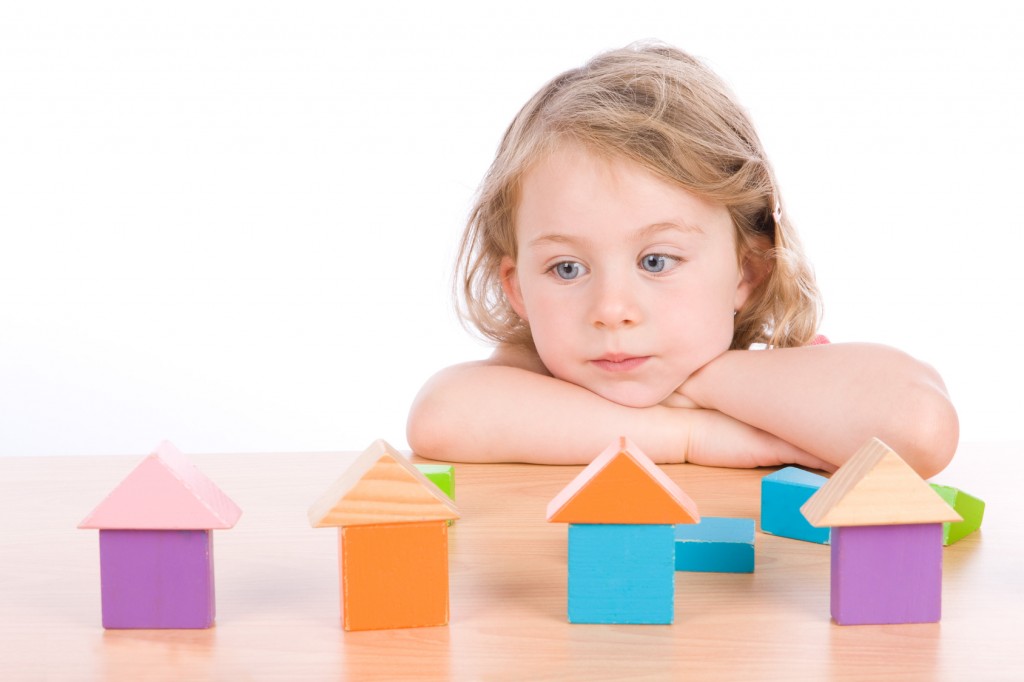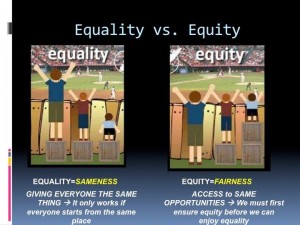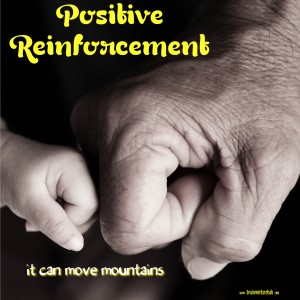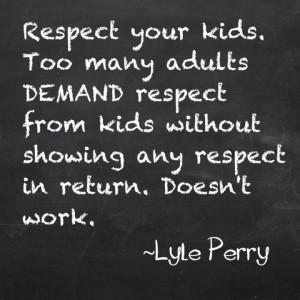I think 2016 is most notable for how many celebrities passed away. Not just celebrities but like, legendary celebrities that revolutionized what ever it was they did. There’s also the whole election thing, but what ever… moving on.
In the autism community, something else died. It faded away. Only, most people never really noticed. Autism blogs.
I was looking through the list of autism blogs that I have along the side bar of this very blog and noticed that not one of them has a post in 2016. Some stopped updating as far back as 2014. Most in 2015. In 2016… no signs of life. All vital signs… flat lined.
I’m not really one to talk, I’ll admit it. My last post was in April, this is very near the end of December now. So what’s the deal? Well, for me, I got busy. I started Autcraft and it literally exploded in popularity, not just within the autism community but also in the media and even with researchers.
What happened to autism blogs in general? Why did they fade away? Why have parents stopped writing?
Social Media
In the beginning social media drove traffic to our blogs. It was great. You start a fan page or a twitter account, post links there to your blog posts and people start flooding in. It was the easiest thing in the world. But social media evolved and the people did too. People didn’t want to go to social media just to go somewhere else. People wanted to read what you had to say right there, where they are, without having to go anywhere else. That’s basically what social media sites are designed to do… keep you there, not send you elsewhere. And it worked.
Autism bloggers found that they had unlimited space to write what they wanted right on Facebook, or Google+ or Medium… not so much Twitter. People commented there. They shared there. They liked there. And the more they did, the more other people saw it. None of that happened when the person went to a blog to interact with you.
So the writing moved. With it, so did the writing style because you couldn’t just post links within the posts anymore. You couldn’t just embed images or style things the way you wanted anymore. So “articles” became “posts” and “posts” became “status updates.”
People don’t have time to read a whole article anymore anyway so the shorter it was, the better. Which brings me to…
Time
As much as autism parents don’t have time to read long articles anymore, they also don’t have time to write them. It gets even worse when you write them and then go to other people’s blogs to read them too. Your whole day ends up being consumed with blogs when, as we autism parents know, there’s very little “free time” as it is.
So those autism bloggers who loaded up social media sites to see what friends and others are doing, they would just update their life there. Where those people are. There was no point in going to some other website, signing in, writing a post, proof reading, spell checking, styling, finding images and styling it all just to go back to their social media sites to share the link with people who don’t want to have to go there just to read it. You’re better off just skipping the fancy stuff and putting it right on your social media page. Less time for you and the reader that way.
Money
Social media is free. Well, sudo free. You get ads and stuff which pays for it but you personally do not have to pay anything for it. A blog on the other hand, you do. If you want a custom domain name, if you want a custom look and feel, if you want to do give-aways… chances are you have to pay for all that. There are ways around some of those things but it takes work… which also equates to value. Money.
On Facebook though, you don’t have any of that. You just type what you want to say, hit the button and you’re done. Hassle free. No domain, no files, no plugins, no themes… if time is money, then just putting your thoughts into a Facebook post instead of a blog is priceless.
The Future
I am a little sad that autism blogs don’t seem to be a thing any more. For some reason, it was just easier to find other autism parents that I could relate to when I would go from blog to blog with their shared links and read about their experiences and feel like I knew them a little bit. That’s tougher to do in social media when your only real interaction with someone is a shared comment on someone else’s thoughts on the latest television show. Also there’s the whole friend request or “follow” thing. I think most people feel a lot less awkward about just having readers than they do in having people be on a friend list.
Many autism parents do still try to help each other out though by sharing each other’s Facebook fan page updates or giving shout outs and things but it’s just not the same. Perhaps I’m just nostalgic.
The autism blog era may be mostly behind us but it’s not completely. There are still some autism blogs out there and some new ones starting up all the time. Plus, there are still people doing actual writing on the subject and about their families, they’re just harder to find now but they are out there.
Also, those people who do friend some other people they find on social media turn out to be very good friends, even meeting each other in real life after a while. That doesn’t normally happen with readers on a blog. So there’s that.
I guess what I’m trying to say is… RIP Autism Blogs. You will be missed.
But there’s still lots of good stuff for us in 2017. We just have to adapt and make the best of what we have.




















